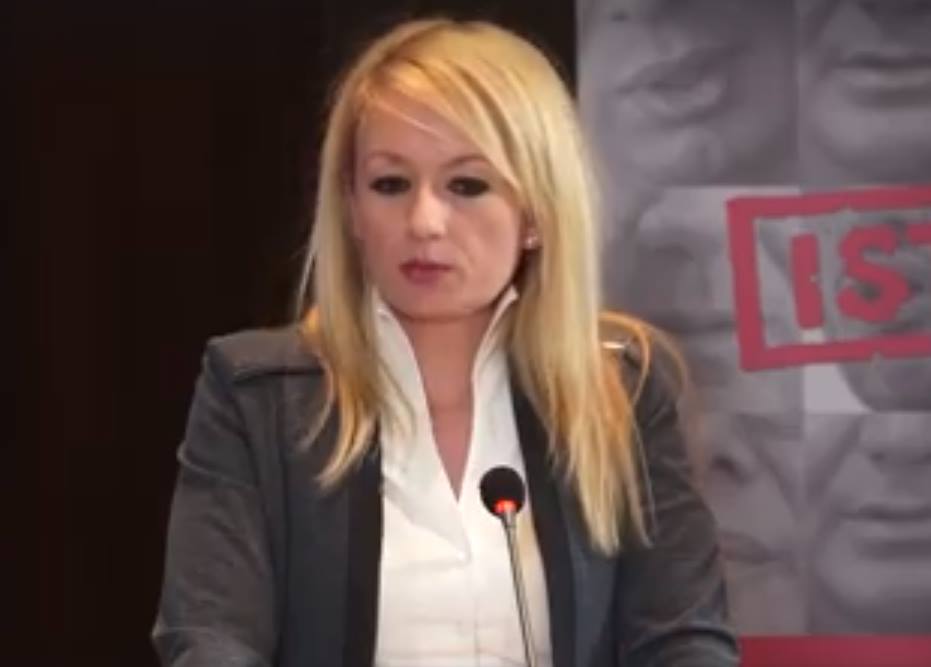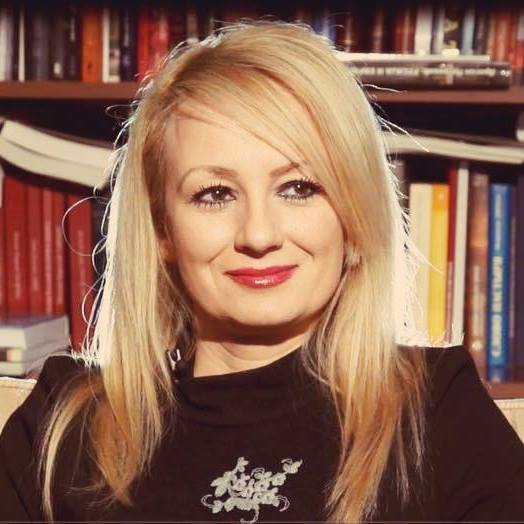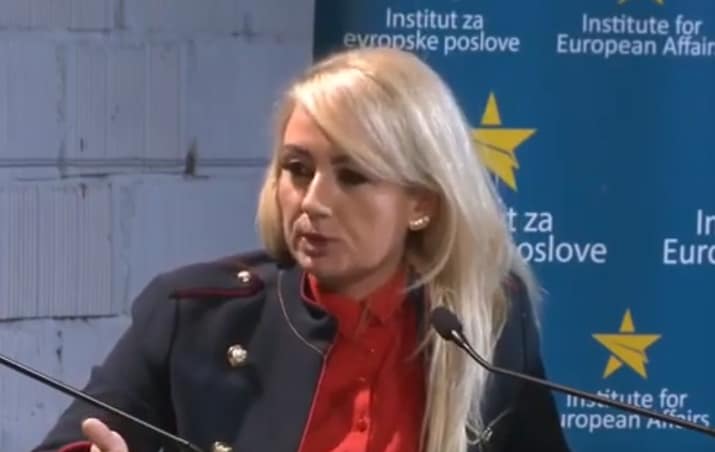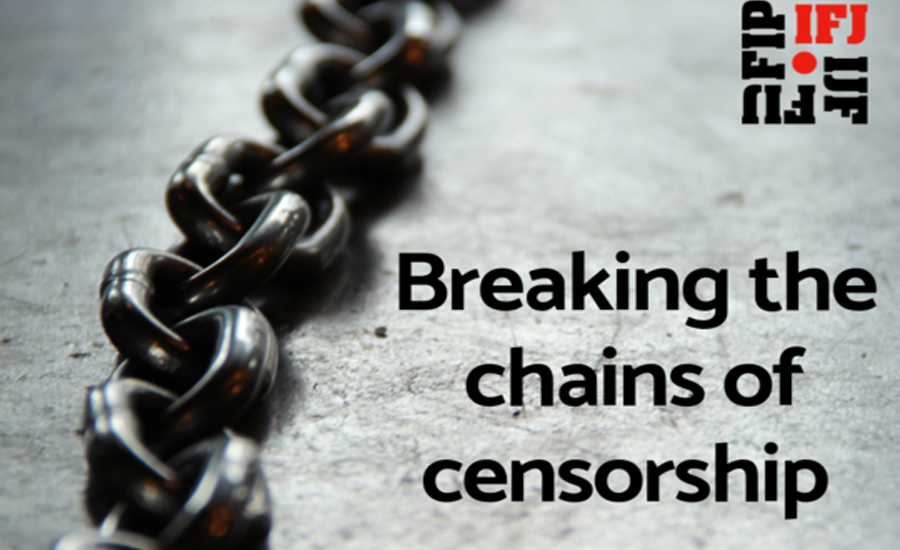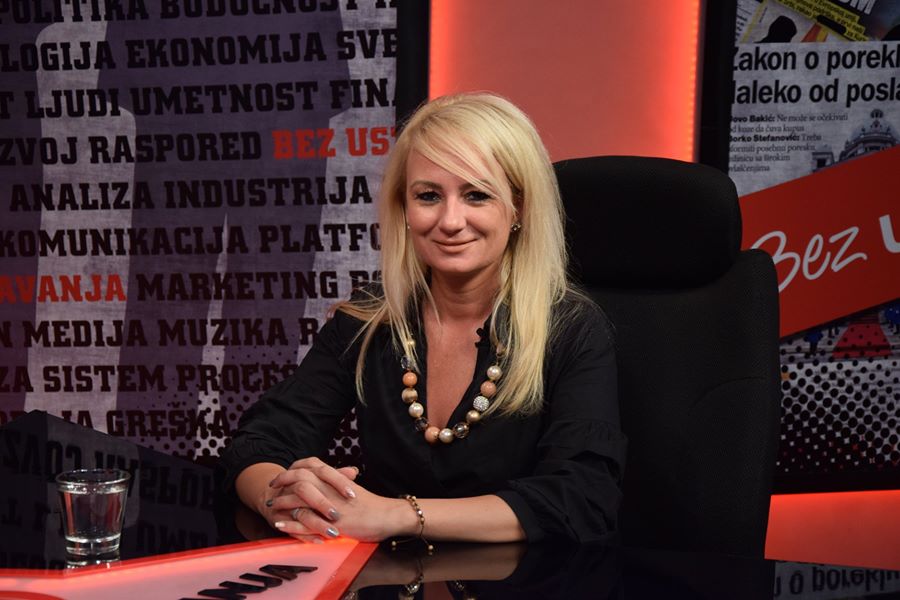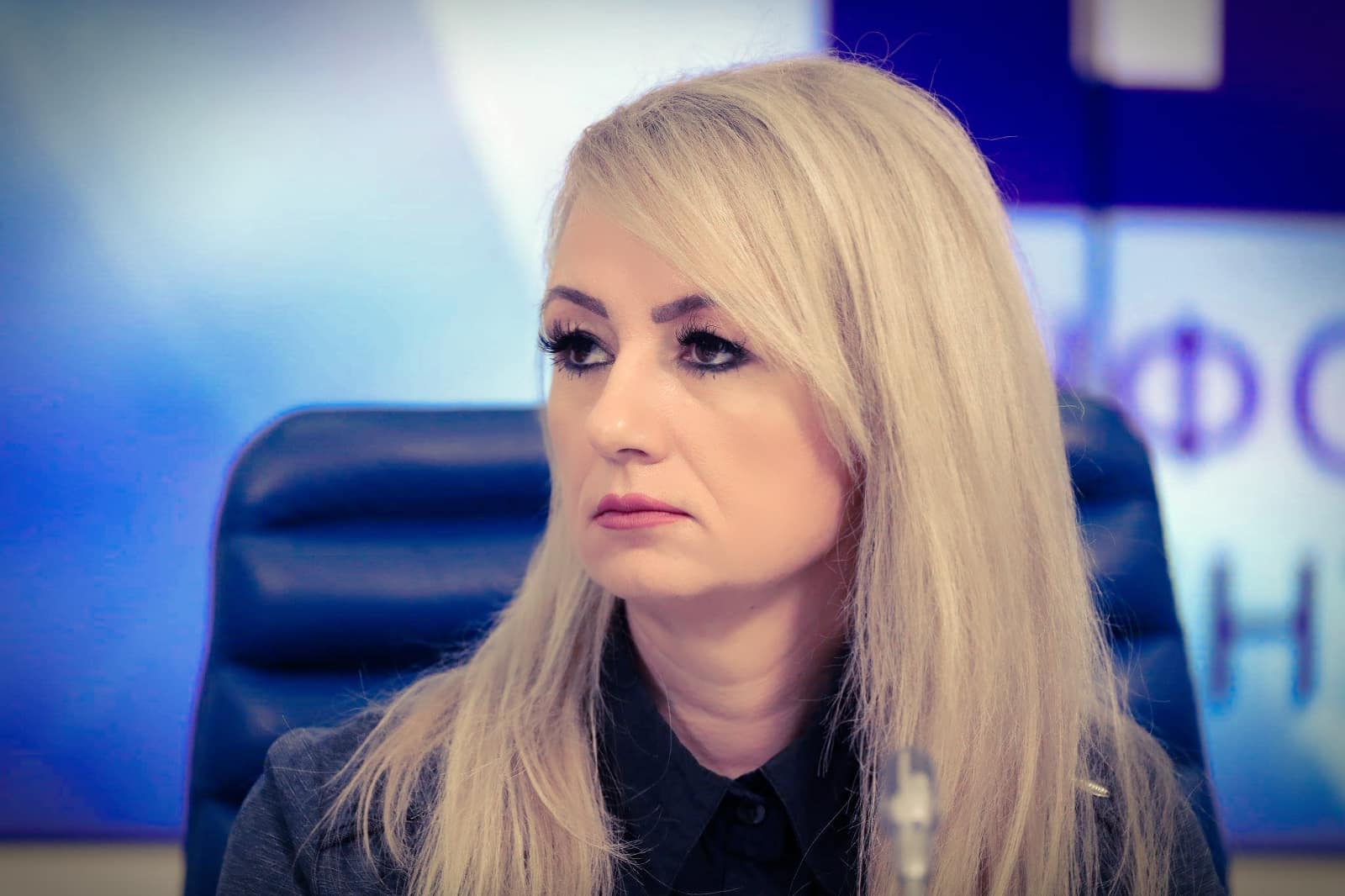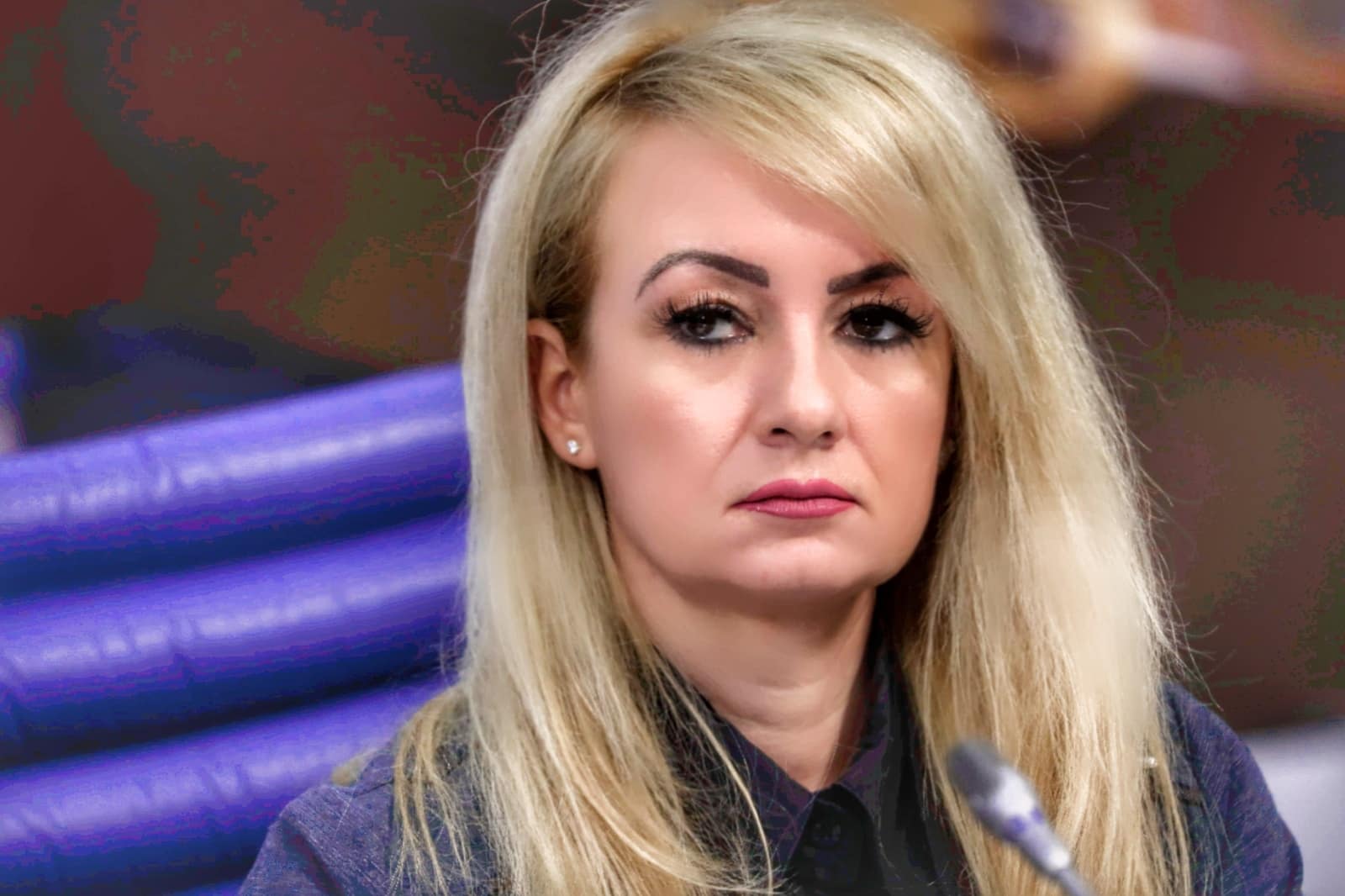Dragana Trifkovic : Pourquoi les Russes sont intervenus en Ukraine et l’Europe va-t-elle vers un nouveau Moyen Âge ?
« La Russie a déclenché une guerre en Ukraine » – clament les médias occidentaux. Un mensonge absolument abject. La guerre en Ukraine a commencé en 2014 après un coup d’État organisé, un de plus parmi une série de ceux orchestrés par les États-Unis.
Enivrés par de faux espoirs, les malheureux Ukrainiens n’ont pas réalisé qu’ils n’étaient qu’un jouet entre les mains d’un tyran de Washington. Malgré leurs énormes ressources et leur potentiel, ils sont devenus des mendiants aux portes de l’UE, où personne n’avait l’intention de les recevoir.
Depuis trente ans, les puissances occidentales diffusent une propagande antirusse en Ukraine par le biais des ONG et des médias, voulant ce que Brzeziński[1] considérait comme nécessaire pour séparer la Russie de l’Ukraine.

